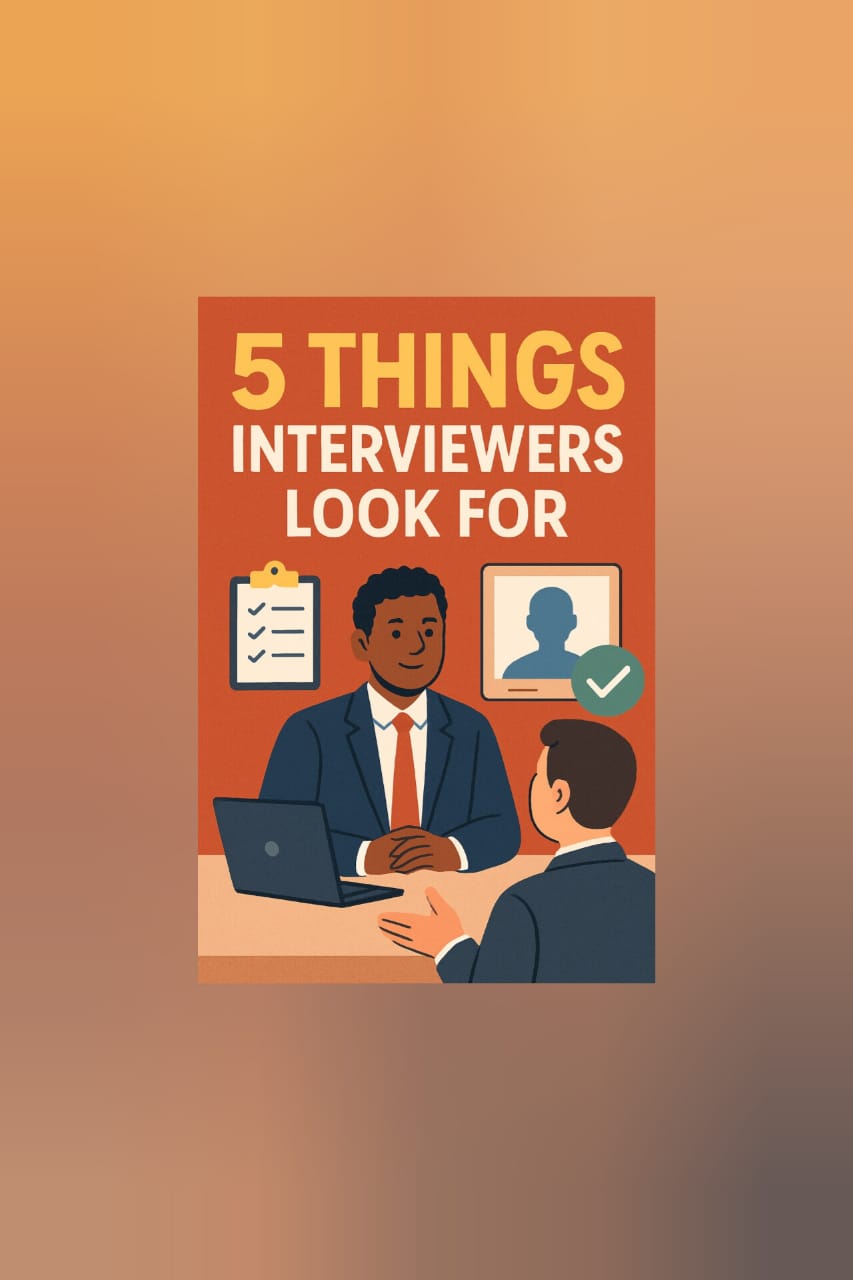
You might be skeptical. ₹50 lakhs a year is no small number. But when you look at trends, company budgets, equity, and specialization, it’s not a fantasy. In fact, we've already started seeing stories of exceptional jumps and startups or top product firms offering very high packages.
Let’s break down how, when, where, and what you need to do to position yourself in that rare bracket. By the end, you should have a clear roadmap not just dreams.
What’s the current benchmark for ML/AI salaries in India?
First, let’s anchor expectations with real data so we're not chasing myths.
-
According to Glassdoor, a standard Machine Learning Engineer in India earns between ₹7 lakh and ₹19 lakh depending on experience. Senior roles push that to ₹16–34 lakhs.
-
Simplilearn reports average compensation (base + bonus) ~ ₹12.5 lakh, with additional cash ~ ₹1.5 lakh in many cases.
-
PayScale says ₹9,93,358 as an average for ML Engineers in India (2025).
So yes, ₹50 lakh is well above what “average” engineers make. But that’s the point: we’re talking about exceptional cases.
Already, the stories are emerging. A techie from a tier-3 college went from ₹16 lakh to ₹1.6 crore in 3 years. Another from Delhi jumped from ₹5.5 lakh to ₹45 lakh in a year. These are outliers, but they show what’s possible when conditions align.
So the question becomes: what makes those conditions align?
What factors can push an ML engineer from ₹15 L to ₹50 L+?
Let’s list the levers. You’ll want to maximize across multiple of these rather than relying on one.
-
Specialization / niche domain – Working in high-demand subfields like NLP, generative AI, computer vision, reinforcement learning, or multi-modal systems adds premium value.
-
Deep experience & leadership – 8+ years, technical ownership, leading teams, architecture decisions.
-
Equity / stock / bonuses – Base pay alone won’t get you to ₹50 L in many cases. Equity and incentives often fill the gap.
-
Top-tier product / deep tech companies – Big tech, unicorns, AI startups with growth capital can afford aggressive pay.
-
Geographic / remote roles – If you work for a global company (US/EU) from India, your compensation may reflect those higher markets.
-
Strong portfolio + patents / publications / open source contributions – That “X factor” differentiator helps you negotiate better.
Let’s go deeper into each.
How does specialization help?
Imagine two ML engineers:
-
Amit works on standard recommendation systems in e-commerce.
-
Neha works on large language models (LLMs), fine-tuning, multimodal AI for a product startup.
Which one is likely to command higher compensation? Neha. Because:
-
Her skills are scarcer.
-
The business value of LLMs is visible everyone is chasing chatbots, assistants, generative content.
When you choose a niche where demand is exploding (e.g. foundation models, generative AI), you can command a premium.
Tip: Don’t be a generalist too early. Focus deeply for 2-3 years in a niche before branching.
Why experience + leadership multiplies impact
As an individual contributor, you can get to maybe ₹25–30 L in base + bonuses in top firms. But to cross ₹50 L, you often need to:
-
Lead a team or multiple teams.
-
Take responsibility over architecture, roadmap, adoption, performance.
-
Influence cross-functional decision making (product, infra, business).
When you lead, you bring leverage: you’re not just solving problems yourself you’re enabling many others to succeed. That multiplier justifies higher pay.
Equity, bonuses & total compensation the hidden levers
In high-growth companies, much of the upside is in non-base components. Let’s see a hypothetical:
|
Component |
Conservative Top Role |
Aggressive Case |
|
Base salary |
₹30 L |
₹40 L |
|
Annual bonus / cash incentives |
₹5 L |
₹10 L |
|
Equity / stock options / RSUs |
₹15 L (vesting) |
₹30 L+ |
|
Other benefits / perks |
₹2–5 L |
₹5 L+ |
|
Total |
~ ₹52 L |
₹85 L+ |
You see, if you just focus on base pay, you’ll miss the biggest growth lever. Many companies expect top engineers to accept a smaller base if compensated via equity.
Choosing the right employer / setup
If you stay in service firms or traditional IT consultancy, your ceiling is lower. To reach ₹50L, you’ll want:
-
Product companies or deep tech R&D roles.
-
Startups backed by VC or big tech with growth capital.
-
Global companies hiring remote Indian talent with global pay structure.
-
Roles that are “mission critical” not peripheral, but central to product, revenue, or innovation.
One story: a 23-year-old engineer moved from Amazon to Meta with a compensation of (in India terms) over ₹3 crore package. That’s extreme but shows how much upside exists.
What’s a realistic trajectory & timeline?
You might wonder “Okay, if I follow this, when can I hit ₹50 L?” Here’s a hypothetical roadmap:
-
Years 0–2: Build fundamentals strong algorithm, ML basics; work on niche small projects.
-
Years 2–4: Dive deep into specialization (LLM, vision, etc.), deliver major modules.
-
Years 4–7: Take ownership of a module or product, lead small teams, publish or open source.
-
Years 7–10: Move to senior/architect/principal roles; negotiate equity and leadership pay.
If everything goes well, by year 7–9 in a top setup, ₹50 L+ is within reach.
What you should do now if your goal is ₹50 L+
Here’s your action plan. Pick these up one by one.
-
Pick a niche early – don’t try to be “jack of all trades.”
-
Build a public portfolio / open source contributions – evidence matters.
-
Solve real problems – working in product or startup environments gives tangible outcomes.
-
Network & interview broadly – don’t stay locked in one industry or company type.
-
Study compensation structures – understand equity, term sheets, stock dilution.
-
Stay current with latest in AI / ML read papers, stay connected to research.
-
Negotiate smartly use real market data to back your asks.
What can block you risks & pitfalls
You may run into roadblocks:
-
Stagnation in generic roles if you don’t evolve, you stop getting salary bumps.
-
Burnout or job hopping too frequent moves may backfire.
-
Equity overhang or dilution stock is great, but only if the startup succeeds.
-
Market downturns hiring freezes, budget cuts can reduce high pay propositions.
-
Role misalignment being in an ML role but doing mundane tasks (data cleaning, pipelines) won’t command premium rates.
So you need to manage risk even as you shoot for upside.
Summary & call to action
Yes ML engineers can hit ₹50 lakhs+ in India by 2025. But it requires a mix of:
-
Deep specialization (e.g. LLMs, vision, reinforcement learning)
-
Leadership / ownership roles
-
Equity & incentive components
-
Choosing high-growth or global employers
-
Consistently upgrading your skills and negotiating wisely
These leaps don’t happen by chance they happen by design. You must plan for them.
If you’re at year 2 or 3 in your ML journey, don’t settle. Seek harder projects, negotiate, switch companies, or move into product firms. If you want, I can build a personalized 5-year plan for you to reach ₹50 L want me to sketch that out?
Don’t stress about searching every career page or job site. Stay ahead with the latest opportunities from different sources right here!
Related Articles
Scrolling through remote job boards feels like online dating sometimes — too many profiles, not enough real matches. Sure, there are tons of platforms saying they offer “remote roles,” but what do we actually get?
➡️ Low-quality jobs
➡️ Zero clarity
➡️ Ghosted after applying
➡️ And sometimes… scams 😬
Meanwhile, big companies are hiring remotely. Startups are going global. But finding those authentic roles in one place? Almost impossible. Most platforms make the job hunt a hustle — filters, fake postings, and unauthentic results.
Now here’s the plot twist. 🎬✨
Introducing Aplushub — the platform that said, “Enough of the nonsense!”
Aplushub brings 500+ legit remote jobs from trusted brands, remote-first companies, and fast-growing startups. Each opportunity actually leads somewhere.
Whether you’re in tech, marketing, HR, content, or just starting out — this platform gives remote job seekers what they’ve been begging for: authenticity + ease.
Remote work should be freedom, not frustration.
With Aplushub, it finally is. 🚀
Check this out Now- http://www.aplushub.com/
Ever walked out of an interview thinking, “I nailed it!”—only to never hear back? Well, as a consultant who’s seen hundreds of interviews, let me spill the chai: there are 5 things interviewers always notice—consciously or not!
1️⃣ How serious are you?
If you haven’t read about the company or what they’re building, it’s game over. Pro tip: ask a thoughtful question or share a suggestion—it screams I care!
2️⃣ Problem-solving mindset.
When given a situation, the focus isn’t just on getting the answer right—it’s on how you think. Even if you can’t solve it, showing logical “solutioning” wins big points.
3️⃣ Your first impression game.
For in-person interviews: dress right (Don't surpass shoes), How & when you use Hand gestures, how you place your hand & legs, shoulders upright or not, Never compromise on "Smile on a face"- these cover 40% of the decision.
Online? Camera on, audio checked, and wear something that shows effort (no, not your favorite hoodie).
4️⃣ The project connection.
Come prepped with at least one project that aligns with the JD or what the founders are building. That’s their Sweet spot.
5️⃣ The trust trigger—eye contact.
Be confident, look them in the eye (yes, even on Zoom). Confidence builds credibility.
Because remember—you’re not just being interviewed, you’re being observed ! 👀
You've gone through an education system that probably never taught you anything about professionalism, logical deconstruction, and comfort with ambiguity. You may have tremendous bookish knowledge, but lacking these three attributes is an immediate invisible red flag that will stop you from getting the job or the promotion you always wanted.
Let's throw some light on the top-5 common mistakes that highlight your lack of these attributes, and what you should be doing instead
- Showing up late without informing your interviewer/coordinator - there are genuine reasons one could be running late, but that needs to be duly communicated ahead of the planned interaction. Inform every marked on an invite, drop a text or give a call, but keep your stakeholders informed. Their time is as much valuable as yours.
- Turning up unprepared for the interview - if you are turning up unprepared, why is it that you are turning up at all? why waste your and interviewer's time? You are better off declining the opportunity, instead of ruining your reputation unnecessarily. You must invest 1 hour to read about the company, the opportunity, some information in the public domain and so on, if you have chosen to show up for an interview.
- Going silent instead of communicating effectively with your stakeholders - it might come as an insight but everyone knows you would evaluate multiple opportunities before chosing one, everyone knows that your decision might be influenced by your loved ones, and everyone is okay with your being unsure, but nobody likes to be left wondering about what might be happening. So, good, bad or ugly, communicate, communicate and communicate! You'll build more relationships that you ever thought, and you never know, one or more of these relationships may turn gold in the times to come.
- Rambling stuff that does not make sense - let us fill you in on another secret, nobody - not even the most successful individuals can know everything about everything in the world. So, when presented with topics/questions you have no clue about, you got to either draw parallels from what you have expertise on, rationally break down the information you are presented with to come up with simple yet logical answers, or admit you do not know anything about this but can talk about something relevant to the opportunity being discussed in detail.
- Demanding a bomb without a concrete rationale - the whole world is underpaid, friends! who doesn't want more, but that's not how it works. Your next compensation cannot ignore your current and/or previous compensations. If you chose to take a sabbatical, took an opportunity by taking a haircut, or become an entrepreneur that eventually did not work out, you have to make peace with your decision. Nobody else had a say in that! You can definitely demonstrate additional skills/knowledge that you acquired during this period (that surely has a value), but that value isn't the only figure on which your next compensation will be decided on. So, learn about the market standards and try to limit your ask within the broadly acceptable range.




